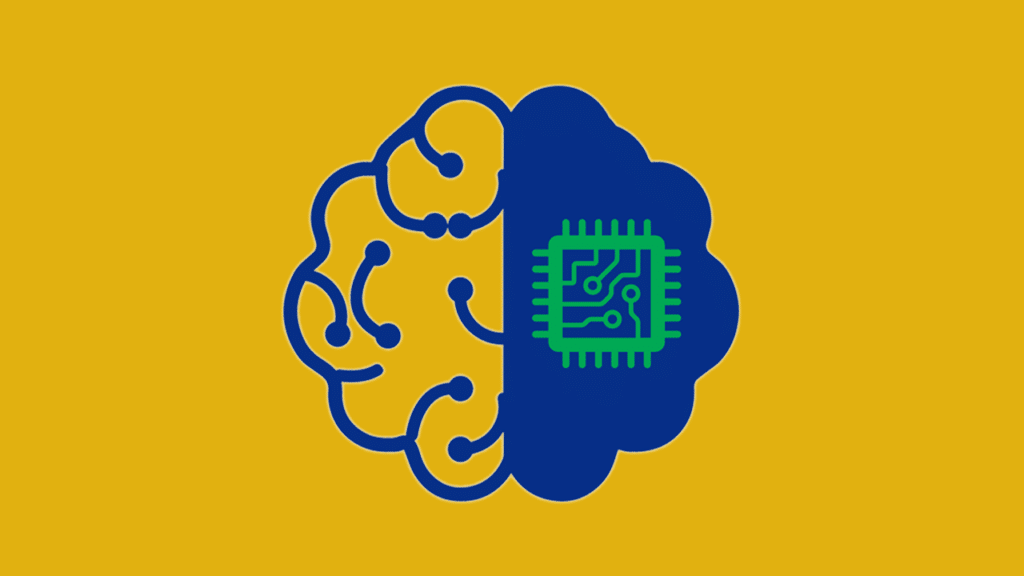How AI helps the FinTech Industry?
The financial industry tends to be linked to a lot of other modern day institutions like hospitals, libraries, manufacturing industries and the labor force. With this in mind, there tends to be a massive volume of transactions that are taken through their systems and any margin of error tends to have disastrous consequences. With artificial intelligence, the level of making errors is reduced as similarities and developing patterns are quickly detected and dealt with in the best means possible. In case there are any suspicious transactions in your flow of transactions for the day, the artificial intelligence program will go through the database to ensure that each record matches up to the transactions that have already taken place.
Making use of Machine Learning
Machine learning is another aspect of technology that is avidly taken up by financial institutions. With machine learning, the amount of time it takes to detect something faulty is highly narrowed down and the gap closed. Patterns that establish themselves over time such as loans increasing when the end of the month is approaching are detected and this is reflected into the system which is then able to make the most out of the little inference made from massive datasets A machine learning approach to making the financial transaction smooth and seamless is what makes banks trustable and efficient in their working. It is also useful as it prevents double transactions from happening and as a result, frauds and other heinous crimes are dealt with in an automated, intelligent manner. Prevention of double transactions means that any reversal that needs to be done will be dealt with accordingly and the system is able to move along with ease. Artificial intelligence also builds upon the routines that it already has and as this goes, the customers making transactions through the banks portal are able to gain access to their accounts even when it is not the normal operational hours f the bank.
The challenges
As artificial intelligence has grown in the fintech industry, the challenges that it has to deal with moment by moment also grow and this has led to the need for better-engineered programs that can detect blocks in programs and patch up loopholes or weaknesses that could be presenting an attack vector for your system. A customer that has to wait too long for his or her transaction to go through will usually have a different opinion about the level of service that is being offered by a bank. Such input is quite interesting as it can be input into the AI and used to overhaul to the level of service provided to the customer that rely on your bank for daily activities. A lot of transactions that take place over the internet are encrypted and this leads to a need for a transaction processing system that is light enough and incredibly powerful to handle it all. A high level of accuracy also prevents the financial institutions from leaking funds while they would be better off with more transaction succeeding.
Blockchain industries are popping up every day over the internet and financial industries have to be cunning to know the difference between legitimate establishments and those who pretend to be who they aren’t. Prevention of internet-based financial crimes is important as maintaining the institution of the bank and artificial intelligence combined with machine learning has proven to be the best answer. A good system will give efficient service to customers and at the same time provide the institution with insight and first-hand information concerning the flow of information in their system, places that hold a potential for boiling over due to traffic and so on. It is a good thing internet-based systems are getting backed up by AI owing to a huge amount of inter-connectivity that holds varied systems together. No matter the connection, independent systems are still able to process information separately and this leads to a unification of system and greater security for transactions, stored information and that being processed. Indeed, AI is holding up banking and information systems thus making our economy run as it should.

